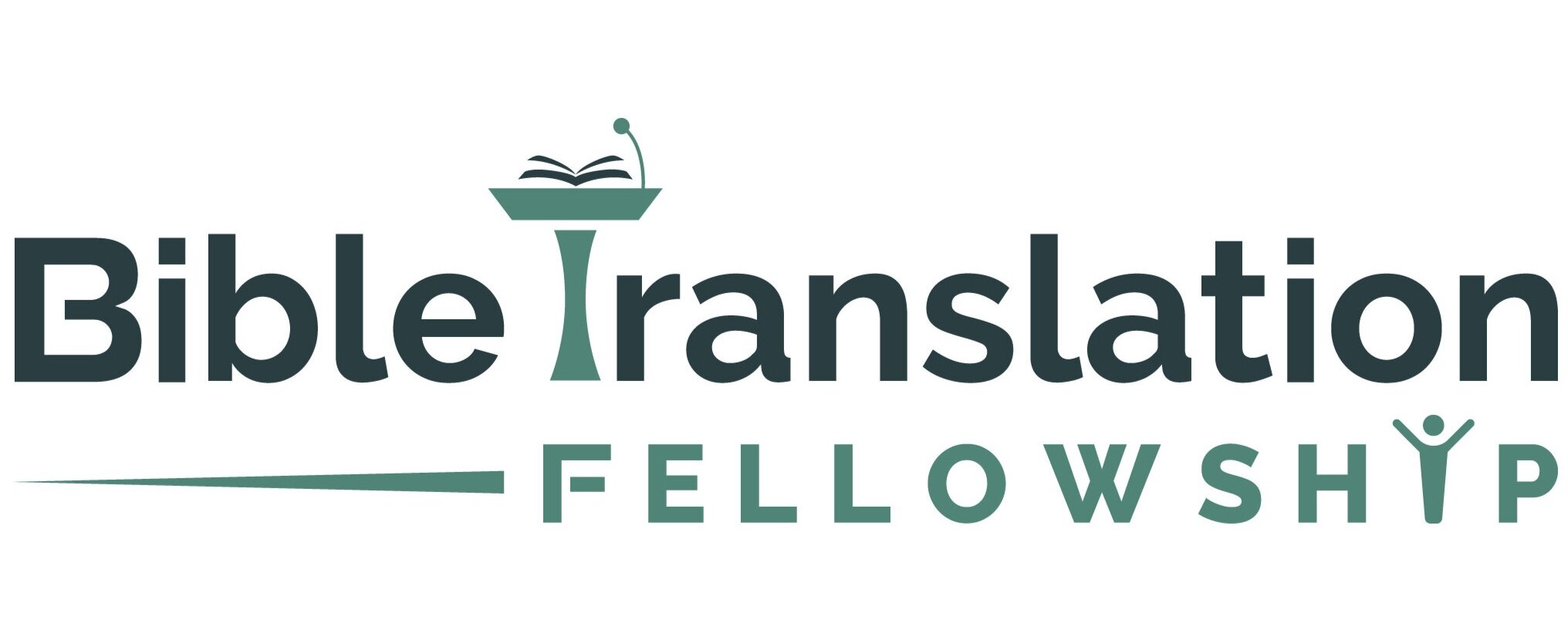Tyndale's Philosophy of Translation
For Tyndale, "an English translation of the Bible had to be as accurate to the original languages, Greek and Hebrew, as scholarship could make it; and it had to make sense" (Daniell, 2). This sounds like our friend M. Jinbachian in his description of fidelity as walking a tightrope. We want to be faithful to the original text, and yet it has to make sense in the target language. Literal can't mean slavishly literal so that the rendering in the receptor language doesn't make any sense. But neither can translators who prefer a more dynamic or functional philosophy remove ambiguities that are in the original by over-interpreting and thus leaving no room for ambiguity in the translation. If there is ambiguity in the original, as to interpretive meaning, the translation should as much as possible reflect the interpretive options for the reader to have to decide based on context, just as the reader of the original languages has to decide based on context.Daniell continues, "There are times when the original Greek, and for good reason even more the Hebrew, are baffling. A weak translator goes for paraphrase, or worse, for philological purity, and hang the sense (as the Authorized Version did often with the Prophets, for example, in those books lacking Tyndale as a base). Tyndale is clear. With a difficult word or phrase, he understands the alternatives presented by technical semantics, or changes of tone or feeling, and goes for what makes sense" (Daniell, 2). We look forward to Daniell's promise to see this in action in the pages of his biography.One thing is certain, whether field translators prefer a more literal or more dynamic philosophy, translation involves a whole triad of disciplines: exegesis and theology are part and parcel of translation, not just linguistics. We need pastor-translators, native theologian-translators, churchmen-translators, not just linguistic translators. Consider how you might support the work of training and sending missionaries who can equip nationals in theology and exegesis, so they can be theologians, authors, scholars, pastors, and not simply translators.
